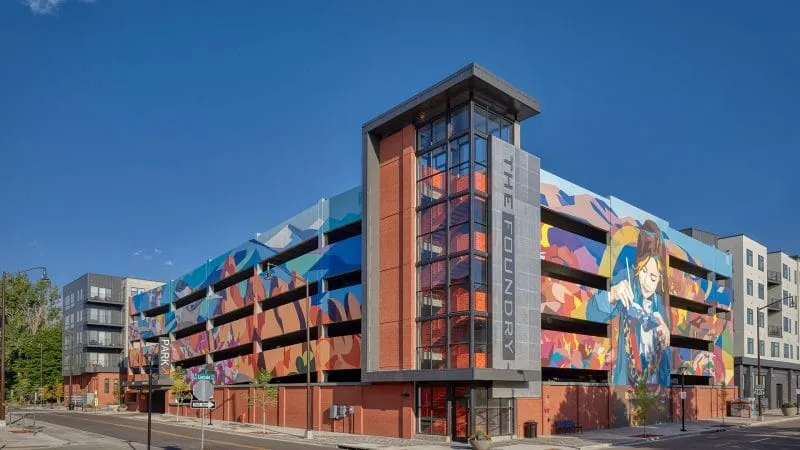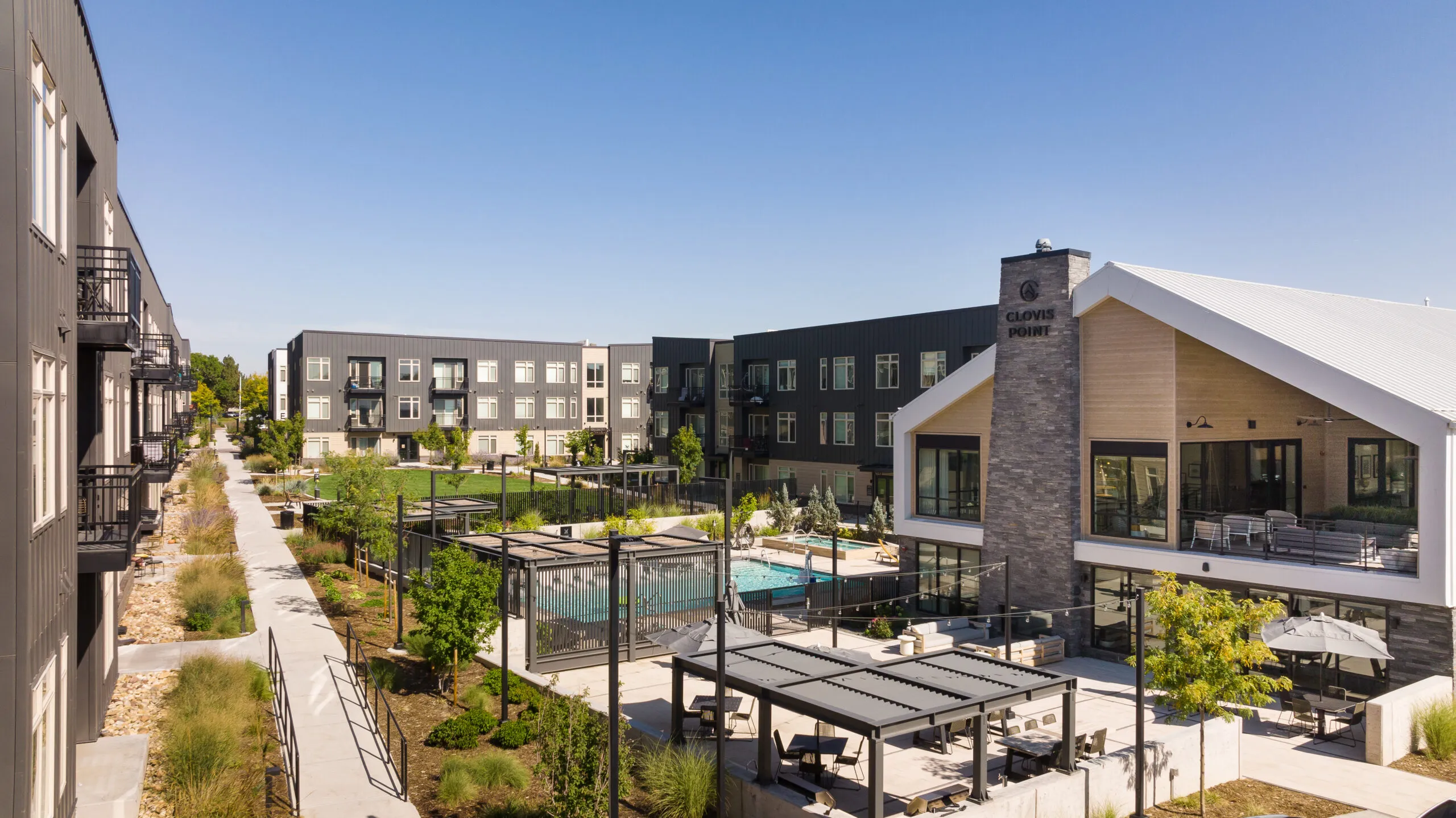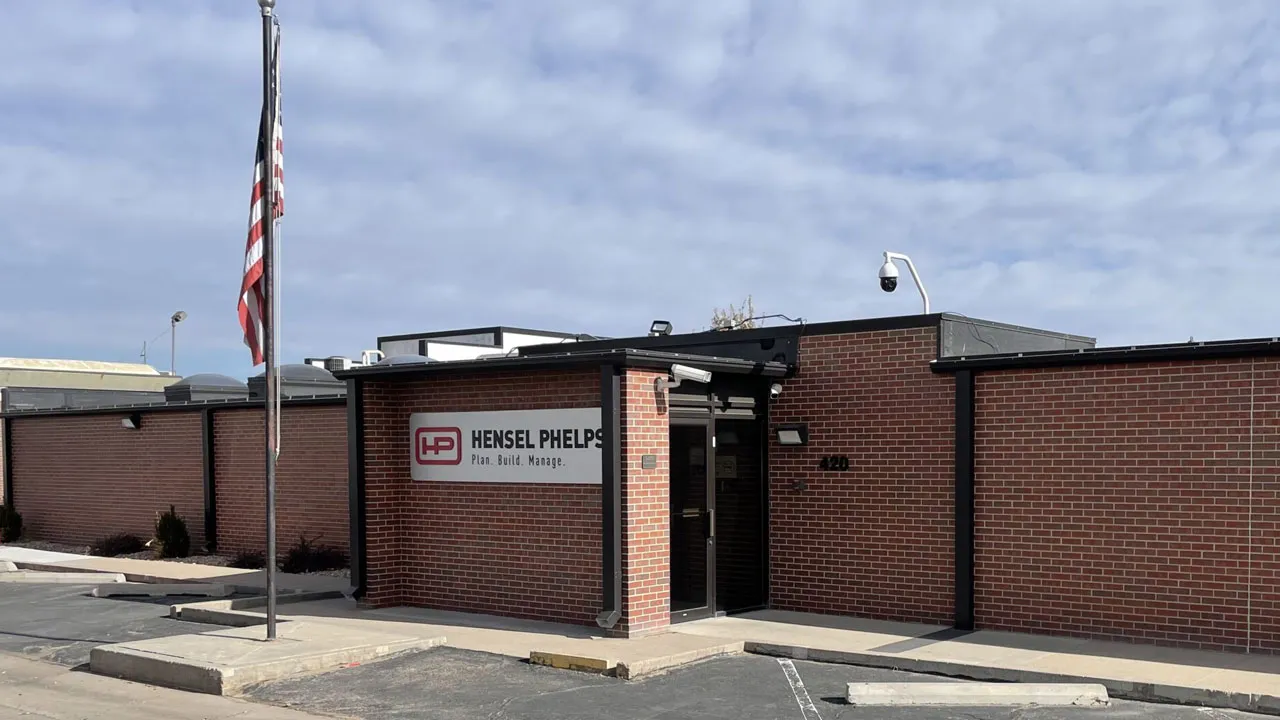Slowly but surely, downtown Loveland catches up to its Front Range neighbors

LOVELAND — When Fort Collins and Longmont began to revitalize their downtowns in the 1980s, downtown Loveland still struggled with vacant storefronts, decaying facades and little of the development activity that characterized the reinvigoration of Loveland’s Front Range neighbors.
Now, it’s beginning to evolve. Massive development projects such as The Foundry have brought large amounts of apartments and retail space into the market. Historic buildings have come up for sale and presented prime redevelopment opportunities. The Downtown Development Authority and local business owners have worked together to beautify building storefronts. Downtown Loveland has started to feel like a downtown.
“Honestly, it’s been…
THIS ARTICLE IS FOR SUBSCRIBERS ONLY
Continue reading for less than $3 per week!
Get a month of award-winning local business news, trends and insights
Access award-winning content today!





